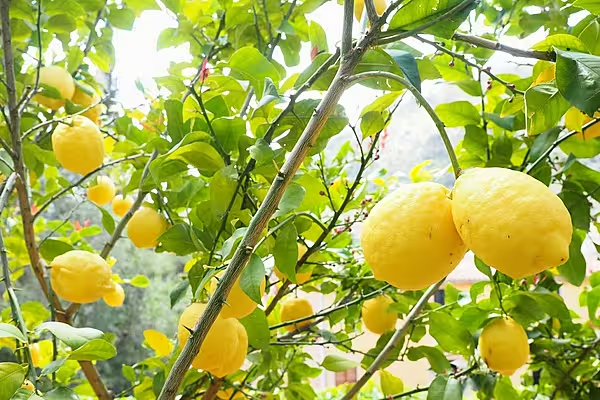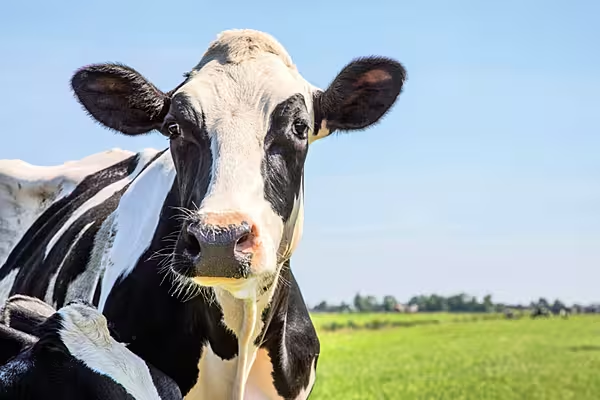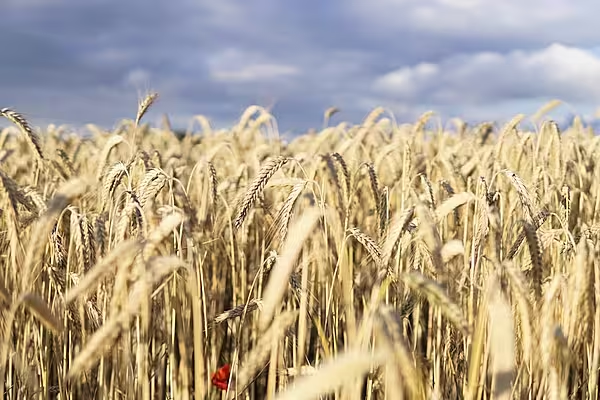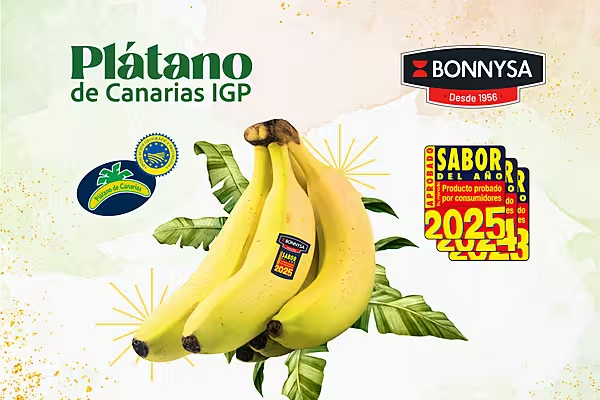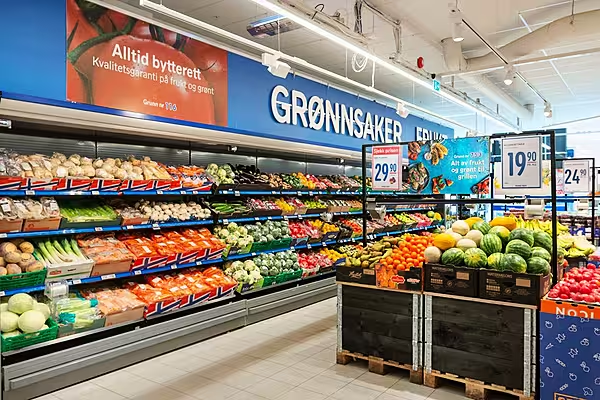South Africa’s citrus industry is spending more than 1 billion rand ($66 million) annually to control black-spot disease in fruit from the country, according to the main industry lobby.
Farmers have spent that amount in each of the past three years to pay for additional spraying, inspections, sanitation, sampling and testing, Deon Joubert, the South African Citrus Growers’ Association’s European Union envoy, said by mobile phone on Thursday.
“It’s costing us a lot of money – our total estimate is over 1 billion rand of additional control costs," Joubert said. “We can comply, but it is an unfair compliance.”
South Africa is trying to control incidents of black spot, caused by the fungus guignardia citricarpa Kiely, which results in leaf spotting and fruit blemishes, with lemons particularly susceptible. The European Food Safety Authority has said the fungus can survive transport and storage, and could establish itself in EU citrus-fruit production areas. The region, which buys about 43 per cent of South Africa’s citrus exports, refused entry to some of the nation’s produce in 2014 after there were 28 interceptions of fruit with the disease in that year.
"We’ve had the success, we’ve had the obvious excellent results from the industry doing it, but its costing a lot of money," Joubert said. "The industry has always said its not a sustainable thing, you can’t do this long-term."
South Africa has withdrawn exports of organic lemons to the EU for 2016 after four of the total 15 interceptions of the disease were found in the fruit last year, the growers’ association said Thursday. The Eastern Cape province is the nation’s biggest producer of lemons, accounting for 50 per cent of total output, the group said.
South Africa vies with Egypt to be the world’s largest exporter of oranges, according to the US Department of Agriculture, and the local industry employs an estimated 100,000 people. Exports account for 80 per cent of the industry’s 9.4 billion rand in annual revenue. The nation last year suffered its lowest rainfall since records began in 1904, cutting output of crops such as grains, wine grapes and peanuts.
News by Bloomberg, edited by ESM. To subscribe to ESM: The European Supermarket Magazine, click here.
